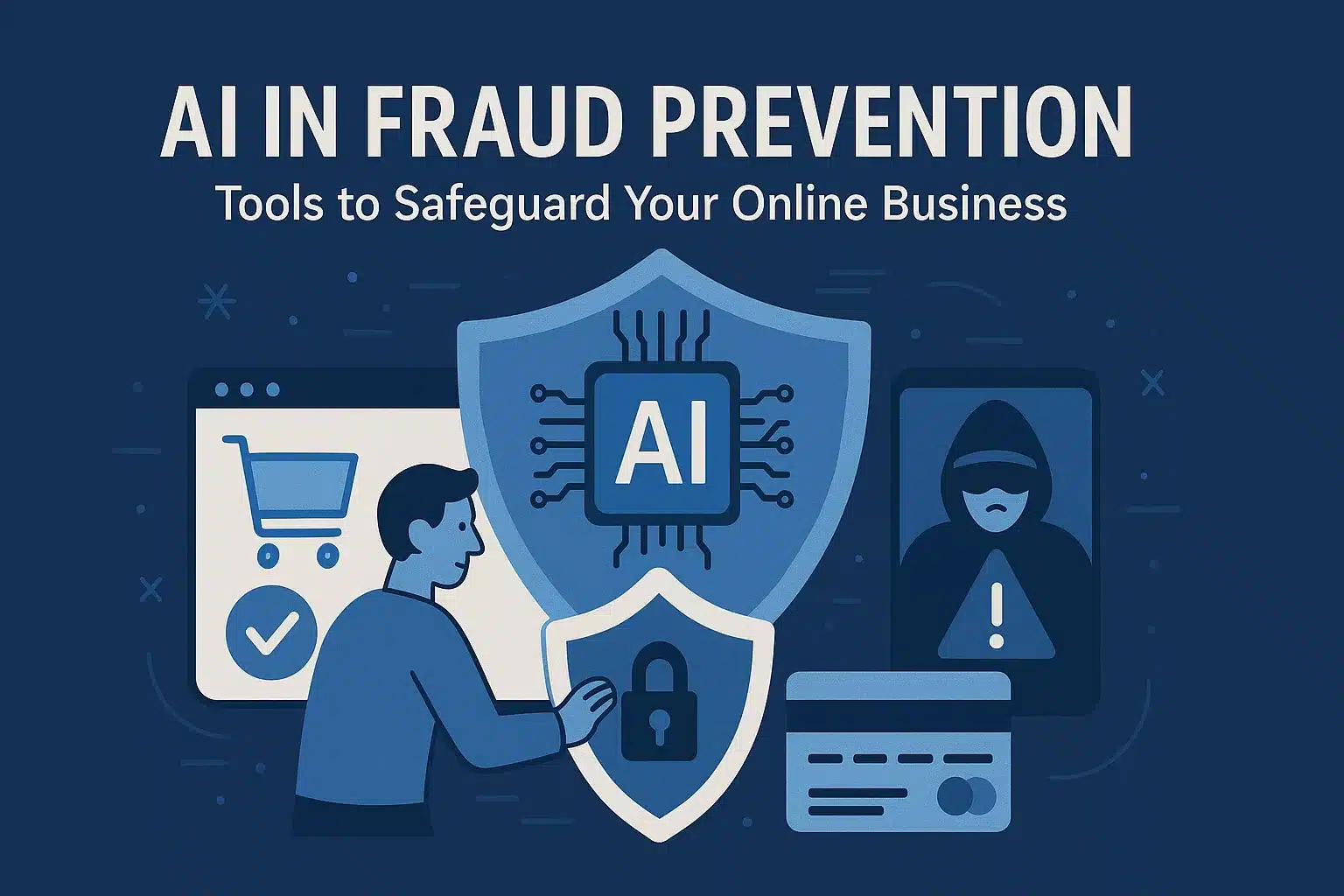There are a number of misconceptions surrounding the purpose and function of learning management systems (LMS) and the related area of eLearning. It is perhaps an erroneous first step to look at these two areas as being distinctly separate. While it is true that each of the concepts that are presented here do have distinct definitions, they nevertheless form an integral partnership with one another, a virtual (no pun intended, but applicable) symbiotic relationship. Let’s take a look at how each of these concepts is defined in order to better understand the dynamic relationship they share with one another.
A LMS is a software package that an organization (be it business or educational) can utilize to provide instructional material and resources to personnel/students. Typically, an organization will integrate a LMS into their existing computer systems, or it can be a stand alone package. Whatever the case, a Learning Management System is a tool that is used to offer training, educational courses, evaluation mechanisms and a whole host of other benefits. Usually, these resources can be accessed from computers that are provided on location and/or online.
Electronic learning or eLearning (also known as technology support learning [TSL]) is a means of instruction that is facilitated by technological means. In other words, it’s an educational experience that uses computers and other technology to provide training, classes, testing and other needed functions. Classes provided online, with either a virtual instructor or done remotely, is an example of eLearning.
At this point, a clear picture should be developing on the synergy that exists between a LMS and eLearning. In short, a LMS is the means and structure by which one facilitates eLearning. In an educational environment, for example, a LMS can integrate teaching and learning functions to enhance the overall use of resources, as well as the dissemination and absorption of information.
This is accomplished by the development and management of classes, information accessibility, student accomplishment analysis, progress tracking, and even the delivery and presentation of classes. With a LMS, eLearning is not limited to a single location. An educational organization can provide its offerings to a wide range of students in diverse locations as a result of online capabilities of a LMS.
There is little mystery, as one can see, about these concepts. LMS’s and eLearning allow effective and wide-reaching instructional offerings. It is within this understanding that Coggno, a software developer has stepped forward. This company that specializes in LMS’s, has offered to provide public schools free eLearning tools with its software. This move in the midst of educational budget cuts only serves to highlight the practicality and resource efficiency that these concepts provide. Coggno, for its part, is providing a much needed service to the public.
—————-
Coggno.com provides world-class online training.


















